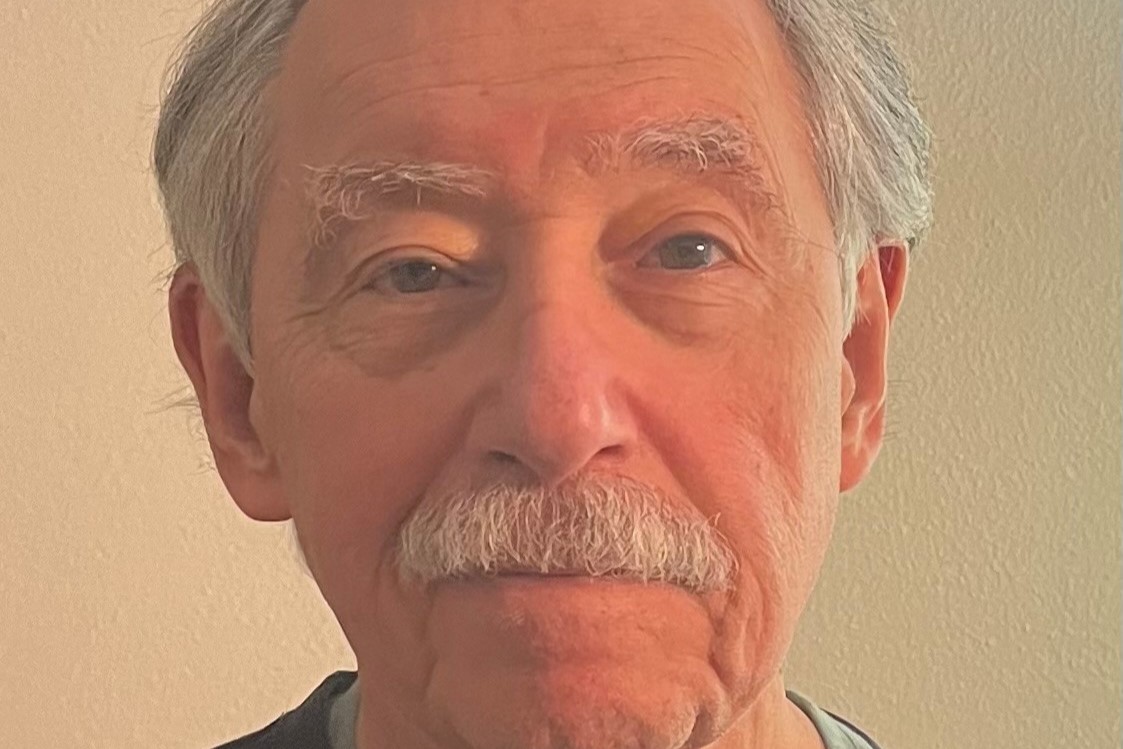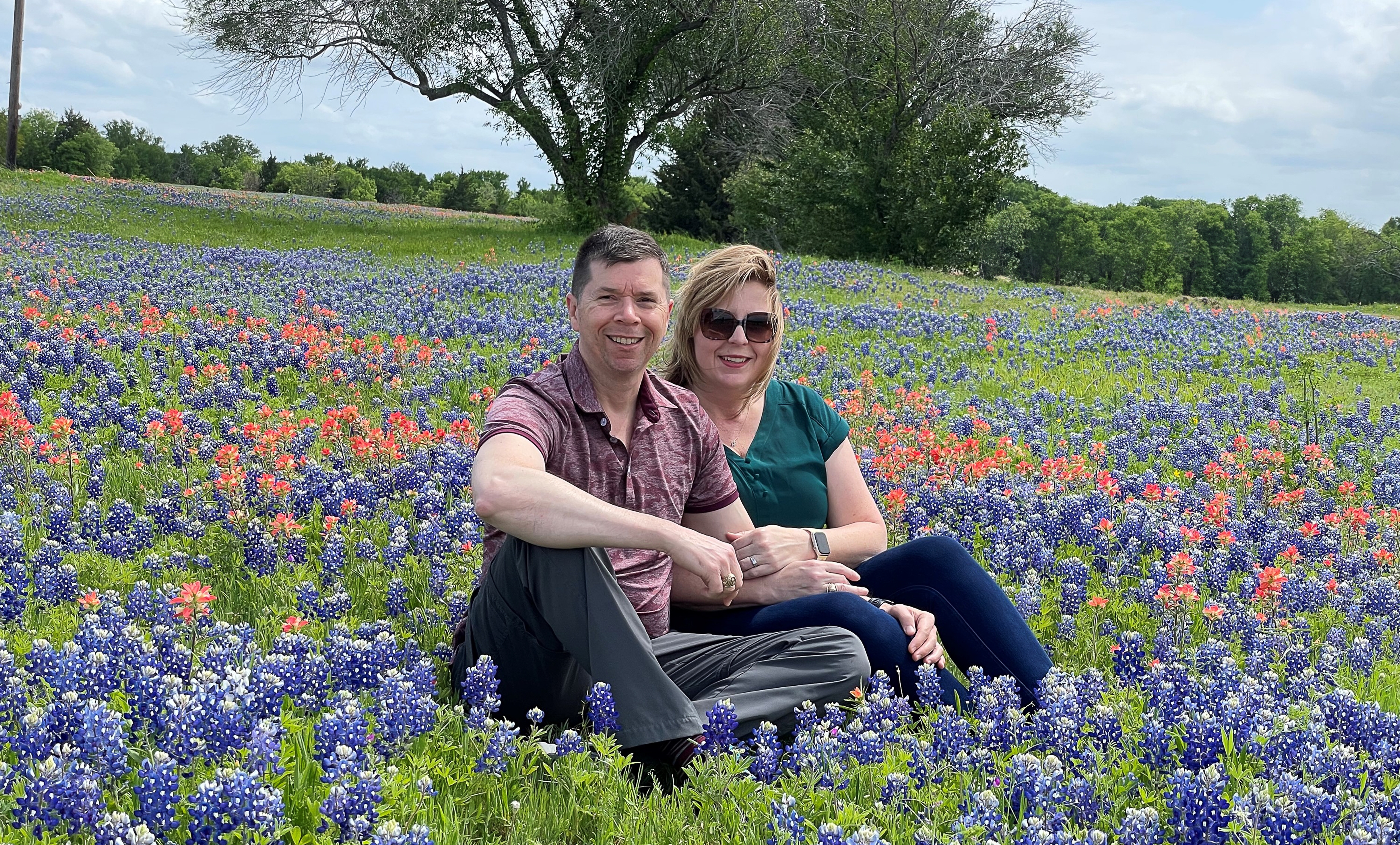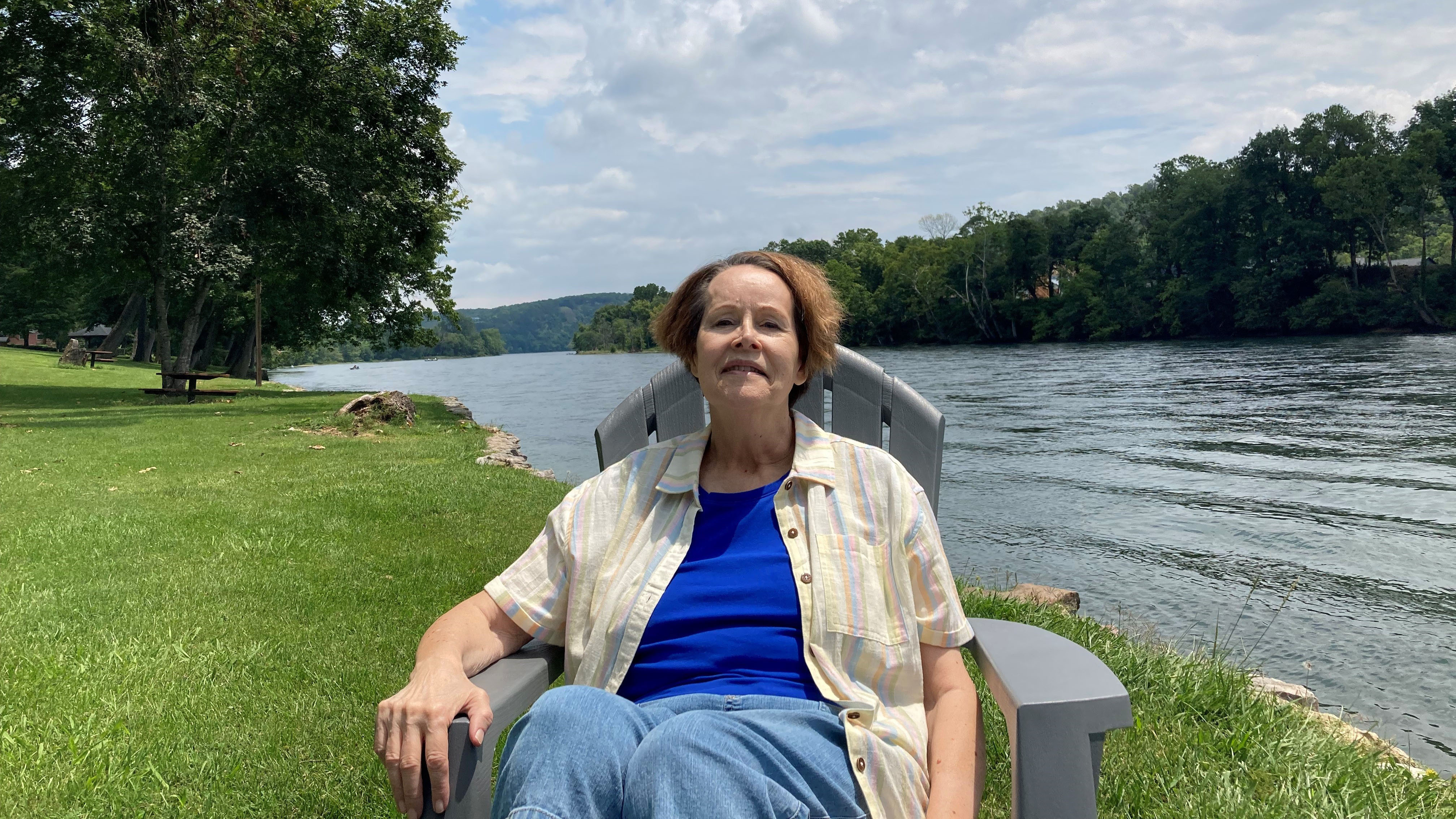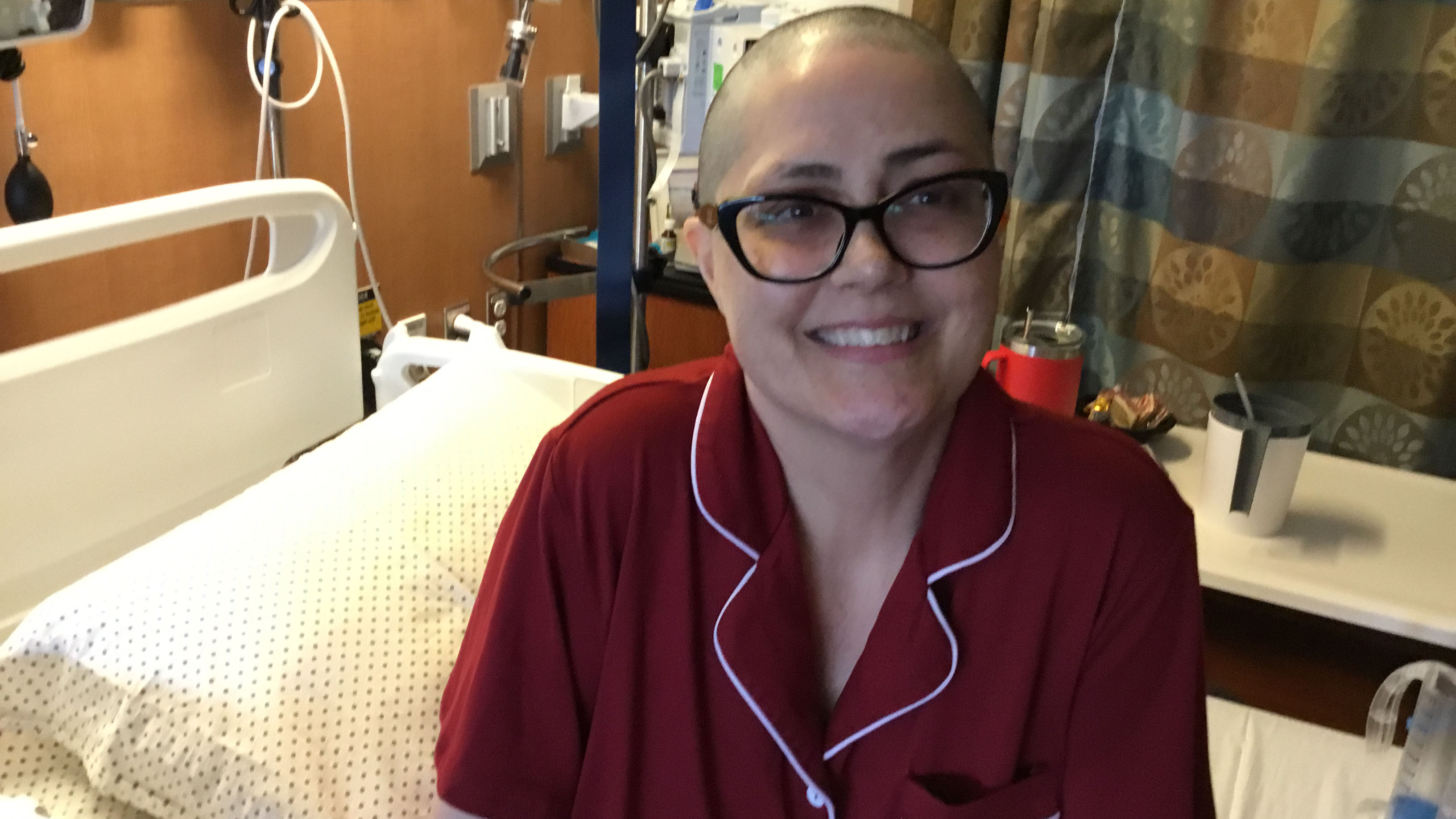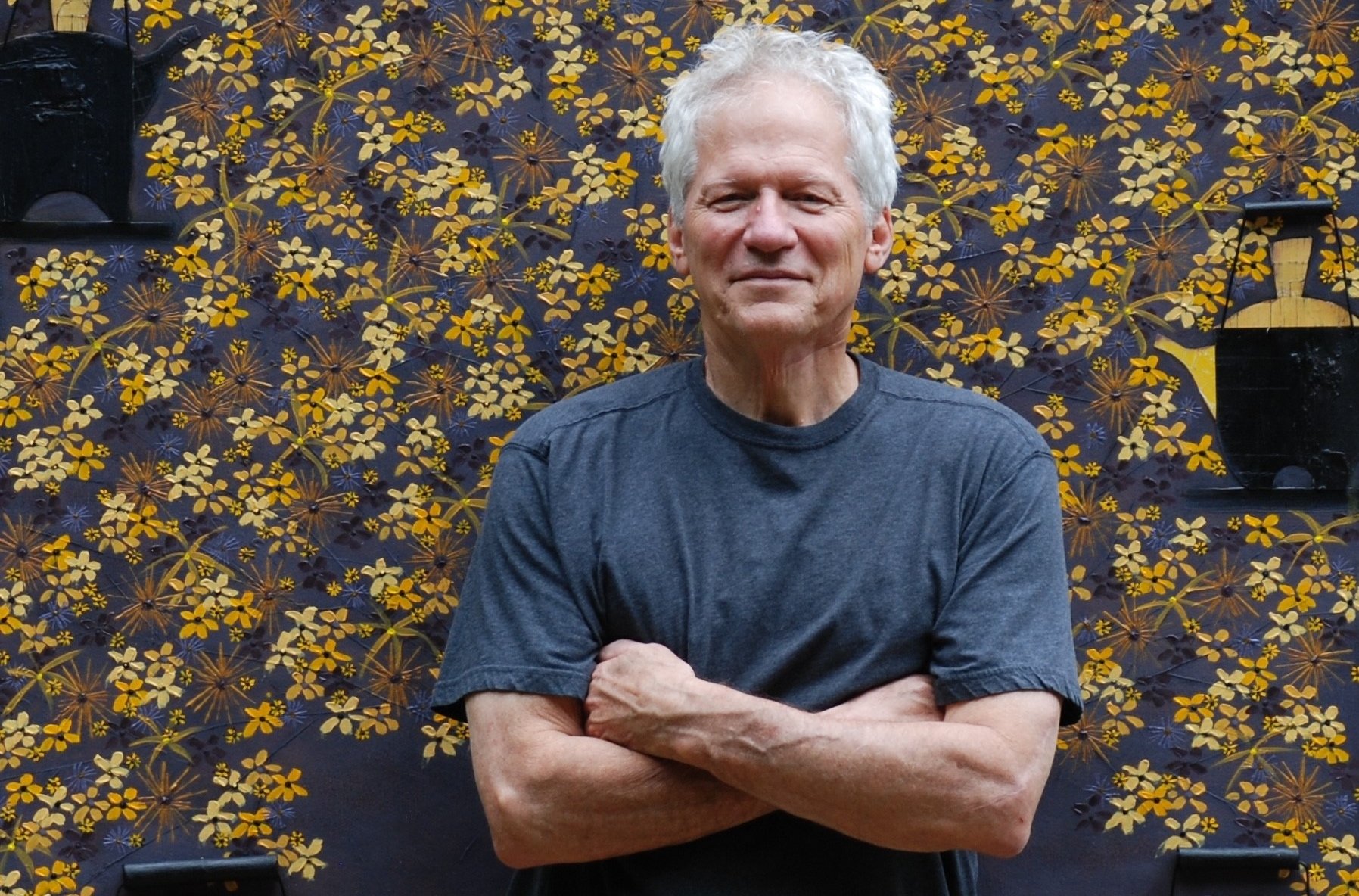- Diseases
- Acoustic Neuroma (14)
- Adrenal Gland Tumor (24)
- Anal Cancer (66)
- Anemia (2)
- Appendix Cancer (16)
- Bile Duct Cancer (28)
- Bladder Cancer (68)
- Brain Metastases (28)
- Brain Tumor (228)
- Breast Cancer (712)
- Breast Implant-Associated Anaplastic Large Cell Lymphoma (2)
- Cancer of Unknown Primary (4)
- Carcinoid Tumor (8)
- Cervical Cancer (154)
- Colon Cancer (164)
- Colorectal Cancer (110)
- Endocrine Tumor (4)
- Esophageal Cancer (42)
- Eye Cancer (36)
- Fallopian Tube Cancer (6)
- Germ Cell Tumor (4)
- Gestational Trophoblastic Disease (2)
- Head and Neck Cancer (6)
- Kidney Cancer (124)
- Leukemia (344)
- Liver Cancer (50)
- Lung Cancer (288)
- Lymphoma (284)
- Mesothelioma (14)
- Metastasis (30)
- Multiple Myeloma (98)
- Myelodysplastic Syndrome (60)
- Myeloproliferative Neoplasm (4)
- Neuroendocrine Tumors (16)
- Oral Cancer (98)
- Ovarian Cancer (172)
- Pancreatic Cancer (166)
- Parathyroid Disease (2)
- Penile Cancer (14)
- Pituitary Tumor (6)
- Prostate Cancer (144)
- Rectal Cancer (58)
- Renal Medullary Carcinoma (6)
- Salivary Gland Cancer (14)
- Sarcoma (234)
- Skin Cancer (294)
- Skull Base Tumors (56)
- Spinal Tumor (12)
- Stomach Cancer (60)
- Testicular Cancer (28)
- Throat Cancer (90)
- Thymoma (6)
- Thyroid Cancer (98)
- Tonsil Cancer (30)
- Uterine Cancer (78)
- Vaginal Cancer (14)
- Vulvar Cancer (18)
- Cancer Topic
- Adolescent and Young Adult Cancer Issues (20)
- Advance Care Planning (10)
- Biostatistics (2)
- Blood Donation (18)
- Bone Health (8)
- COVID-19 (362)
- Cancer Recurrence (120)
- Childhood Cancer Issues (120)
- Clinical Trials (622)
- Complementary Integrative Medicine (22)
- Cytogenetics (2)
- DNA Methylation (4)
- Diagnosis (224)
- Epigenetics (6)
- Fertility (62)
- Follow-up Guidelines (2)
- Health Disparities (14)
- Hereditary Cancer Syndromes (122)
- Immunology (18)
- Li-Fraumeni Syndrome (8)
- Mental Health (116)
- Molecular Diagnostics (8)
- Pain Management (64)
- Palliative Care (8)
- Pathology (10)
- Physical Therapy (18)
- Pregnancy (18)
- Prevention (880)
- Research (384)
- Second Opinion (74)
- Sexuality (16)
- Side Effects (598)
- Sleep Disorders (10)
- Stem Cell Transplantation Cellular Therapy (216)
- Support (404)
- Survivorship (324)
- Symptoms (182)
- Treatment (1764)
Non-Hodgkin lymphoma survivor grateful for fertility preservation
BY Brian Heard
3 minute read | Published August 30, 2018
Medically Reviewed | Last reviewed by an MD Anderson Cancer Center medical professional on August 30, 2018
I often joke that parenting is more difficult than cancer treatment. Some days I feel that statement holds true, but fatherhood is a challenge that I never take for granted.
In November 2007, I was diagnosed with stage IV Burkitt’s lymphoma, a rare and aggressive type of non-Hodgkin lymphoma. At the time, I was 29, and my wife and I hadn’t yet started trying to conceive.
Fertility preservation before non-Hodgkin lymphoma treatment
My diagnosis felt like we were thrown into a tornado inside of a hurricane twisting in opposite directions. So much information was coming at us so fast that it was almost too overwhelming to prioritize anything. Thankfully, fertility preservation was one of the first topics that my doctors broached with my wife and me.
During my first appointment at MD Anderson, my care team mentioned the importance of preserving my fertility because the chemotherapy I needed could cause infertility. Luckily, I’d already banked my sperm at the recommendation of my initial oncologist in North Texas, where I lived at the time.
I’m glad I acted quickly because my cancer was fast-spreading, and Dr. Jorge E. Romaguera urged me to begin an aggressive chemotherapy regimen immediately.
My non-Hodgkin lymphoma treatment
Undergoing chemotherapy was one of the most difficult experiences in my life. In addition to nausea, fluid retention and horrible headaches from the spinal taps that I received as part of my treatment, I also dealt with infections, the flu and shingles across my face. I was hospitalized during much of my treatment, including on my 30th birthday.
As a precaution, I completed eight rounds of chemotherapy even though a PET scan and needle biopsy performed after my seventh round of treatment showed no evidence of disease.
After I’d completed chemotherapy in June 2008, my wife and I talked about trying to start our family. Even though I had banked my sperm, we both wanted to first try to conceive naturally. A fertility specialist confirmed it was possible, and Dr. Romaguera told us it would be OK to try as long as we waited one year to ensure that the chemo had completely cleared my body. So we did.
In October 2011, we welcomed our first son, Logan. Our second, Austin, was born two and a half years later. Being a dad is the most rewarding thing I have ever done, and I know Logan and Austin would not be here today if I hadn’t come to MD Anderson 10 years ago.
Gratitude for fertility preservation before my cancer treatment
Parenthood has definitely been challenging. Some days, I’m so exhausted and frustrated, but the joy of having a family is worth it.
I’m so thankful we were able to conceive naturally, but I know that isn’t always the case for couples impacted by cancer. At the time of my diagnosis, we weren’t sure how it would end for us either. My wife and I had discussed all ways of becoming parents and how we felt about each. Ultimately, we agreed not to limit our options from the get-go.
This relieved a lot of pressure, especially when we started trying for a baby. Our goal was to start a family, so even though we hoped for natural conception, we weren’t relying on only that option.
For us, being open-minded was the easiest way to ensure we’d have the family we’d always wanted. I’m sure other people have different points of view, and that’s OK. The important thing is to give yourself the chance to consider your options before cancer treatment. Think about what you really want and do what you can to make it happen, then have hope that everything will work out in the end.
Request an appointment at MD Anderson online or by calling 1-855-934-1625.
Related Cancerwise Stories

Fatherhood is a challenge that I never take for granted.
Brian Heard
Survivor

